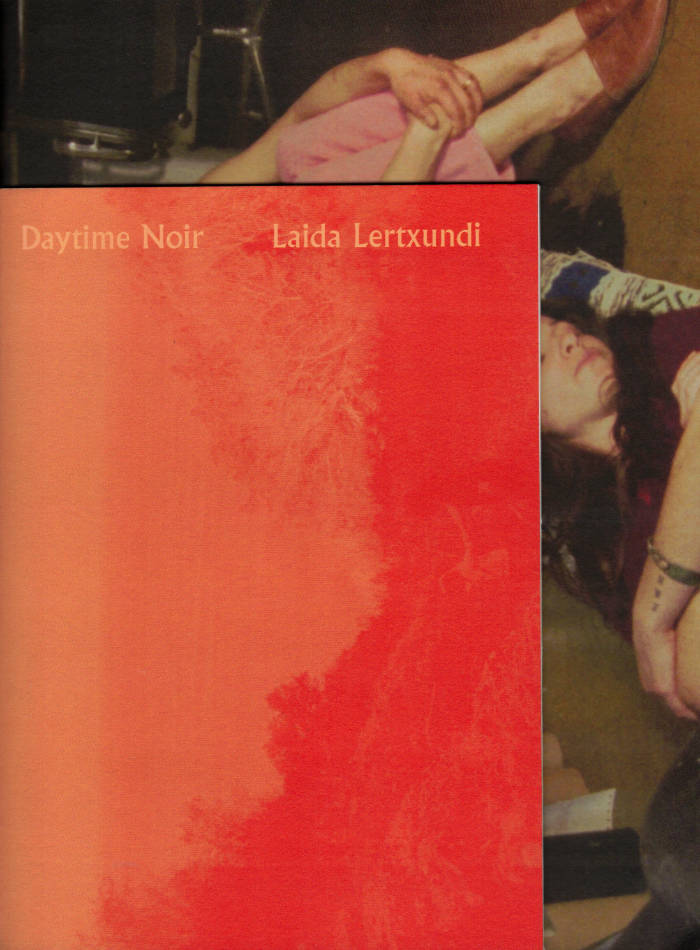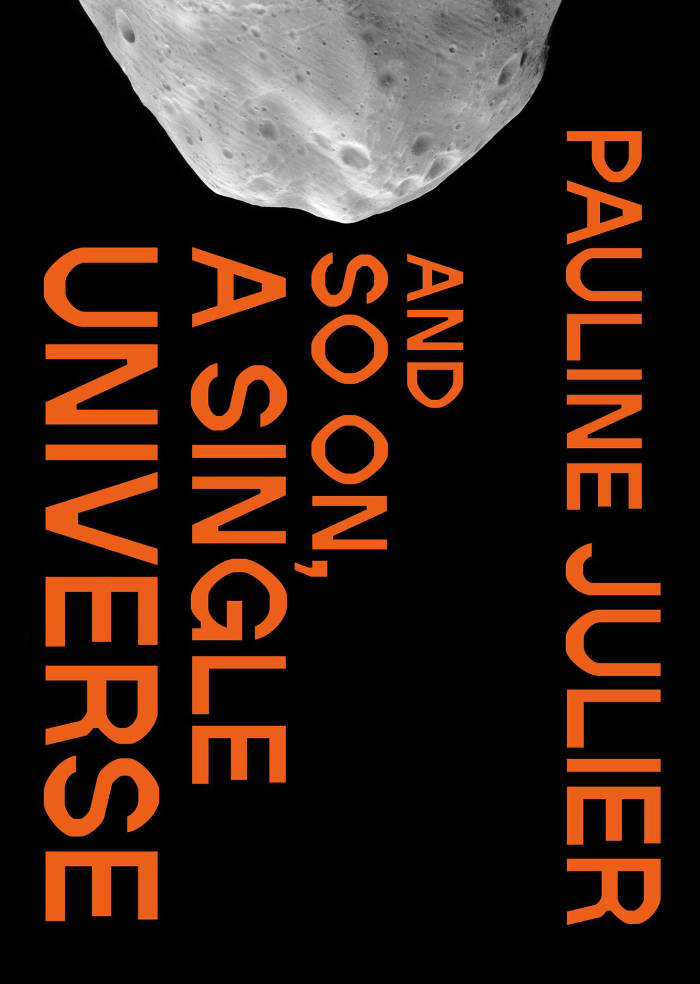
Daytime Noir
Daytime Noir is a limited edition artists book by Laida Lertxundi, designed by Gabrielle Pulgar and released by Artspace Aotearoa on the occasion of Scores for Transformation, the third in the cycle of exhibitions that orbit the question “where does my body belong?” The book includes new writing by Laida Lertxundi, Ren Ebel, and Luna Miguel.
Drawing on two recent 35mm films Autoficción (2020) and Inner Outer Space (2021) as well as recent works on paper, the pubilcation explores the parameters of what it takes to run an artistic practice navigating the many facets of a full life: parenting, teaching, exhibiting, working. The full colour, hand stitched book presents us with ‘film stills’ that come alive when we, as readers, engage with its physical form.
The publication is an edition of 100.




